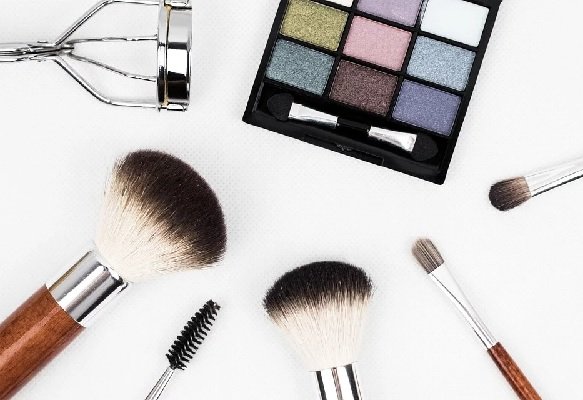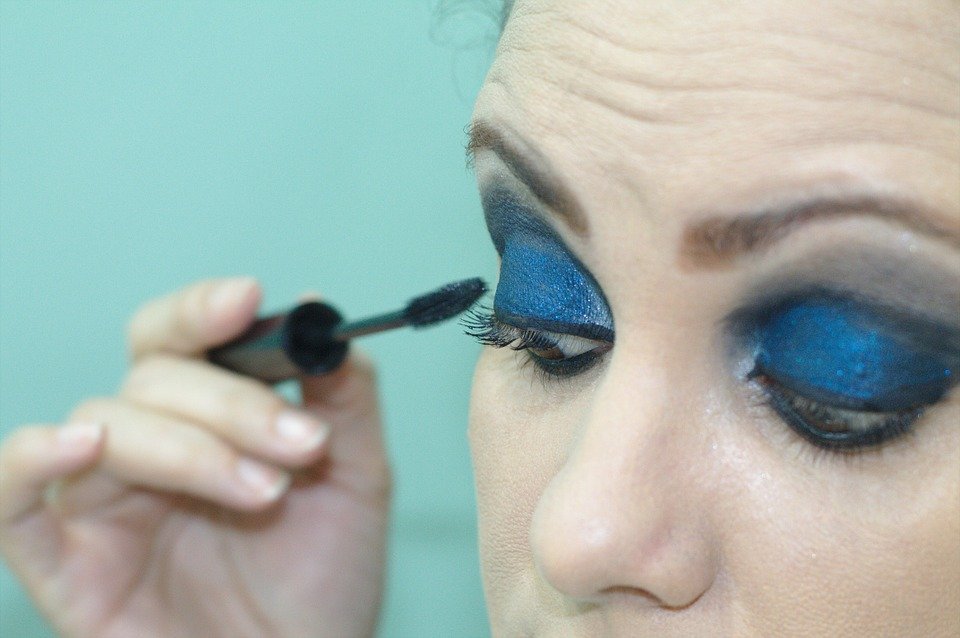It is common for some people to have allergic reactions when they drink milk or soy or eat seafood. That can be sad, right? But how about those that have a cosmetic allergy or makeup allergy? Well, that can be heartbreaking, but it’s true. People can be allergic to certain cosmetic products, and what’s challenging is it’s tough to know the cause of allergy because cosmetic products like makeups contain a lot of ingredients.
If you are fond of using different makeup products and you’d like to know how you can tell if you are allergic to your makeup, we are here to help you. Read on to better understand what commonly used makeup ingredients cause allergic reactions and how to know if you are experiencing it.
Signs and Symptoms of Makeup Allergy
There are two symptoms you can experience when you are allergic to your makeup. One is irritant contact dermatitis, and the other one is allergic contact dermatitis.
- Irritant Contact Dermatitis
An irritant contact dermatitis includes skin irritation and sensitivity when certain substances come in contact with the skin. When you are allergic to your makeup, irritant contact dermatitis can occur quickly. It can be just within a few minutes to a few hours of exposure to a certain makeup. But there are also times when your skin will take a few days or weeks to react. Irritant contact dermatitis is actually not an allergic reaction, and your skin is only reacting to the ingredient, not your immune system. But it is a widespread condition.
- Allergic Contact Dermatitis
Allergic contact dermatitis, unlike irritant contact dermatitis, is a true allergic reaction to any ingredient. It is more intense and severe. If you have this makeup allergy, it usually takes about 12 hours for the signs to show, and it peaks around 48 hours of exposure. Since your face is the most exposed part to makeup, the symptoms of allergic contact dermatitis usually appear on it. Here are some of the signs that you are experiencing allergic reactions to your makeup:
- Watery eyes
- Itchiness
- Hives and rashes
- Swollen lips and tongue
- Stinging and burning sensation
- Red, itchy, and swollen eyes
- Spots and red pimple-like dots on skin
- Rough, flaky, or sandpaper-like skin
But keep in mind that contact dermatitis is not as intense and severe as dermatitis. Also, you can develop mild and chronic dermatitis even with products that you are using for a long time. This happens because our skin can develop sensitivity to a particular product over time.
Ingredients That Can Cause a Makeup Allergy
If you are wondering about the contents of your makeup that can cause you allergic reactions, here are some of them:
- Essential Oils
There are makeup products that contain essential oil in the ingredients, such as creams, serums, and even facial washes. Well, natural ingredients are indeed wonderful. However, they are only good for people who can tolerate them. Therefore, if you are allergic to certain essential oils, these may cause your face to develop rashes, dry patches, redness, breakouts, and other allergic reactions. That’s why before using a makeup product, you need to ensure first of it contains any essential oil that is irritating your skin.
- Fragrances
Some makeup products are also fragrant, which is lovely to smell. However, it is also one of the most common makeup ingredients that can cause allergic reactions to most people. If you are allergic to your makeup’s fragrance, you can experience sneezing, wheezing, headaches, and rashes. Severe allergic reactions may even cause difficulty in breathing to some people.
You also need to be careful because there are some products that are labeled with “unscented” but still contain fragrance on their ingredients list. It’s always better to check the list of ingredients before using just to be sure they are fragrance-free.
- Emollients
Emollients are actually good for the skin. However, they are not suitable for all types of skin. Most makeup products contain emollients, such as coconut butter, myristyl lactate, cocoa butter, isopropyl palmitate, lanoline, and isosterate. Sometimes, these emollients can cause breakouts, especially for those who have acne-prone skin. Therefore, if you have oily and acne-prone skin, it’s better to go for water-based and non-comedogenic products. These types of makeup and cosmetic products can also help moisturize your skin without causing breakouts.
Tips to Avoid Makeup Allergy
If you are fond of applying makeup, but you are scared of having makeup allergies, then there are things that you can do to prevent it. One is to get tested for allergies. This will help you find out the specific ingredients you are allergic to so that you can choose makeup products that do not contain them.
Another tip we can give is to choose products with only a few ingredients. This will give you a higher chance of avoiding any unwanted skin reactions. Also, before using a makeup product for the first time, it’s better to do a patch test first. Apply a little bit of the makeup product to your forearm and see if there will be any skin reaction for 48 to 72 hours. If there’s none, you can continue using the makeup.
Makeup Allergy Treatment
If you are already experiencing a makeup allergy, then the first thing you can do to treat it is to stop using the product. Once you stop using the makeup that caused you an allergic reaction, the irritation will eventually go down. If it’s only a mild reaction, it will usually go down after a few hours.
However, if you are experiencing a severe allergic reaction from your makeup, you need to consult a dermatologist immediately. They can help you resolve the issue by prescribing you with topical steroids and ointments. Aside from that, they can also do a patch test to find out what exactly caused your allergic reaction.
We hope the information we shared will help you determine if you are experiencing an allergic reaction to your makeup. When choosing cosmetic products, it’s better to be cautious at all times. Always read the list of ingredients and be aware of what you are putting on your skin. And if you are really allergic to makeups, don’t worry because there are still a lot of ways to look glorious without makeup.


